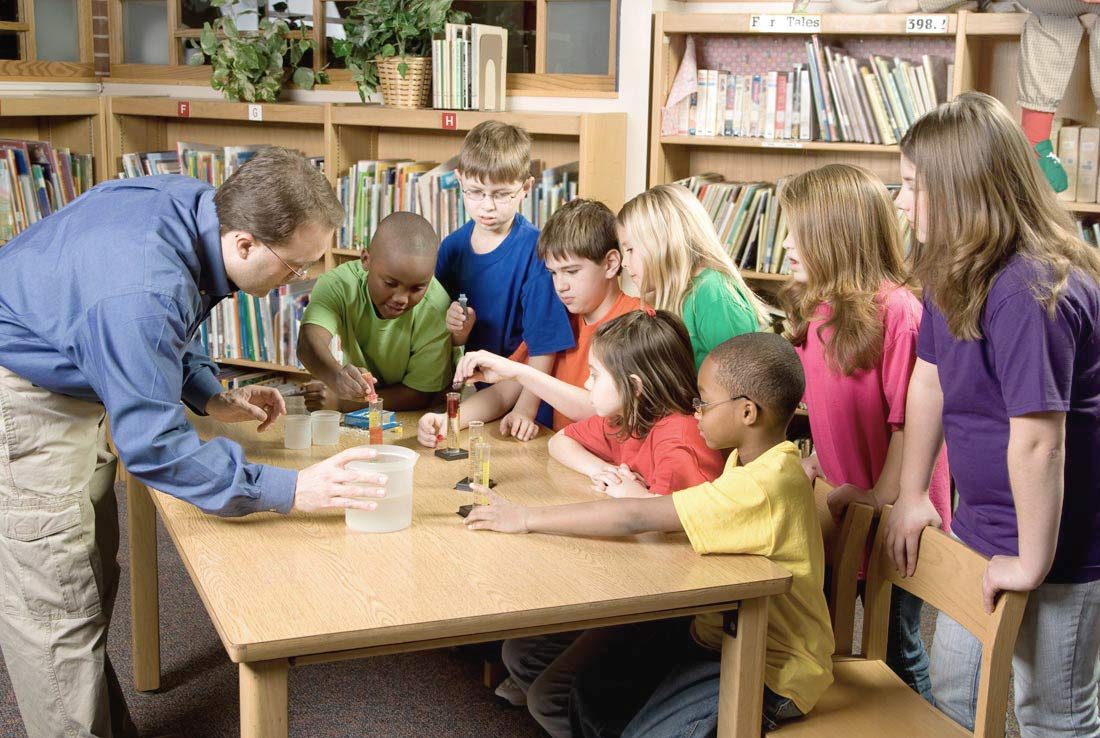Teaching Science in Today’s Schools

As technology continues to evolve and become more pertinent in everyday life, it is imperative that we raise technologically responsible and cognizant citizens. Science classrooms today are often the first to reflect changes in technology, pushing the boundaries of what is possible in the classroom. If utilized correctly, this allows students, who are already highly immersed in the technology of their everyday lives, to thrive in such a classroom. Unfortunately science classes are often thought of as abstract, with little to no relevance in life outside of school unless you are going to become a scientist.
However, high school science plays an important role in building skills that can be applied to everyday
life:
- Practicing science teaches students critical thinking skills such as, problem solving, making observations, and asking meaningful questions.
- Most science classes are lab-based, which teaches students how to collaborate. In nearly every profession you need to be able to communicate efficiently with colleagues.
- High school science courses cover topics that help us to better understand the world around us. Why do plants thrive in sunlight? Why do we experience seasons in some parts of the world but not others? Why do reactions occur when you mix together particular household substances? All of these questions are answered by science.
Children are naturally observant and inquisitive, so why do most school systems in the United States wait until secondary school to begin regularly teaching science? According to Scientific American, many elementary school teachers rank science as the subject they feel least comfortable teaching. Additionally, elementary teachers are under extreme pressure to get students to grade-appropriate reading and math levels, which leaves little time in the classroom for science.
If teachers could integrate science into elementary classrooms, children would get a jumpstart on the valuable skills science has to offer.
They would also be less likely to lose their inquisitive nature and could learn how to harness their desire to ask questions in search of the truth.
Scientific reasoning fuels many heated political debates and drives decisions that affect how our country is run. Because such important decisions need to be made on critical topics such as climate change, mining of resources, and protecting endangered species, it is imperative that our leaders are aware and possess the basic skills that science has to offer. By teaching our youth how to think and behave like scientists, we are ensuring that the citizens of this country are capable of making authentic and responsible decisions.
 National Science Foundation RII Track-1 Project:Expanding Research, Education and Innovation in South Dakota
National Science Foundation RII Track-1 Project:Expanding Research, Education and Innovation in South Dakota